Clarifying the Confusion: PCOD vs PCOS
Have you ever heard someone mix up PCOD with PCOS? Or maybe you've wondered what actually happens with PCOD—is it just irregular periods? And then there's that advice you sometimes hear, "Oh, just lose some weight, do exercises and follow a diet, you'll be fine."
But here's the thing, there's a lot of confusion and misinformation out there about these common health issues. Even though they're distinct conditions, PCOD and PCOS are frequently confused. So, let's take a moment to clarify the difference between them...

What is PCOS and PCOD??
In PCOD (Polycystic Ovarian Disease), ovaries release immature eggs, causing hormonal imbalances and swollen ovaries.
In PCOS (Polycystic Ovarian Syndrome), there's an issue with hormones that causes the ovaries to produce excessive androgens(male hormone). This excess of male hormones makes it more probable for eggs to develop into cysts. Unlike in PCOD, these cysts aren't released; instead, they accumulate in the ovaries over time. In severe cases of PCOS, there may be a lack of egg production, known as anovulation.

Difference between PCOD and PCOS
Now that we've covered the basics of both these menstrual health issues, let's learn few key difference between them:
PCOS and PCOD might seem similar, but they're actually different.
- PCOS is generally seen as a more serious condition compared to PCOD. While PCOD can often be managed through lifestyle changes alone and may not require medical treatment, PCOS is a disorder of the endocrine system with more serious implications, usually requiring hormone intake for treatment.
- PCOD is much more common among women globally, affecting about one-third of menstruating women.
- While both conditions can lead to infertility, PCOS tends to have a more significant impact. With PCOD, pregnancy is often possible with some extra precautions and minimal medical intervention. However, due to the hormonal irregularities associated with PCOS, conception can be much more challenging.
- PCOS (Polycystic Ovarian Syndrome) and PCOD (Polycystic Ovarian Disease) may seem alike initially, but they are different conditions. However, since both stem primarily from hormonal imbalances in the body, sometimes their symptoms, diagnosis, and non-medication treatment share many similarities.
- Both conditions pose challenges, but lifestyle modifications such as dietary adjustments and balanced exercise can play a crucial role in managing hormone levels in the body. By adopting these lifestyle changes, individuals can potentially prevent the onset or progression of both PCOS and PCOD.

Diagnosis:
To diagnose PCOS/PCOD, doctors usually look for at least two of these three signs:
- Lack of regular periods or infrequent menstruation (anovulation or oligo-ovulation).
- Excess androgens (male hormones).
- Small cyst-like growths on at least one ovary.
- They also make sure to rule out other possible causes like Cushing’s syndrome, thyroid issues, or high prolactin levels.
Signs and Symptoms of PCOD and PCOS:
PCOS has a lot of symptoms common with PCOD like:
- Irregular menstruation cycles
- Obesity
- Hirsutism (male-pattern body hair growth)
- Loss or thinning of hair on the scalp
- Acne
- High circulating androgen levels, such as testosterone
- Presence of cyst-like growths on the ovaries
- Insulin resistance, increasing the risk of type 2 diabetes

Managing PCOD and PCOS: Simple Steps for Better Health
Healthy Eating:
- Eat a balanced diet with plenty of whole grains, fruits, vegetables, lean proteins, and healthy fats.
- Limit processed foods, sugars, and refined carbs.

Stay Active:
- Engage in regular physical activities like walking, jogging, swimming, or cycling.
- Exercise helps improve insulin sensitivity and weight management.

Maintain a Healthy Weight:
- Keeping a healthy weight is key for managing PCOS/PCOD.
- Even a small weight loss can make a big difference in symptoms. So, don’t lose hope.

Medications:
- Certain medications like birth control pills or metformin can help regulate menstrual cycles and reduce acne or hirsutism.

Regular Health Check-ups:
- Schedule regular check-ups and blood tests to monitor hormone levels, glucose, and lipids.
- This helps manage symptoms and adjust medications as needed.

Take Care of Your Emotional Well-being:
- PCOS and PCOD can affect mental health too.
- Seek support from mental health professionals or support groups if needed.

Conclusion:
To sum up, PCOD and PCOS are hormonal issues that affect people with ovaries. Recognizing these signs early on is super important for getting the right help and managing these conditions effectively.
When it comes to PCOS or PCOD, a whopping 85% of women deal with insulin resistance. This means their cells don't respond properly to insulin, which is a big deal for keeping our bodies running smoothly—especially when it comes to metabolism, cell growth, and reproductive functions. But there's hope! Berberine, a natural compound, seems to be really promising in helping women with PCOS improve their menstrual cycles by tackling this insulin resistance issue.
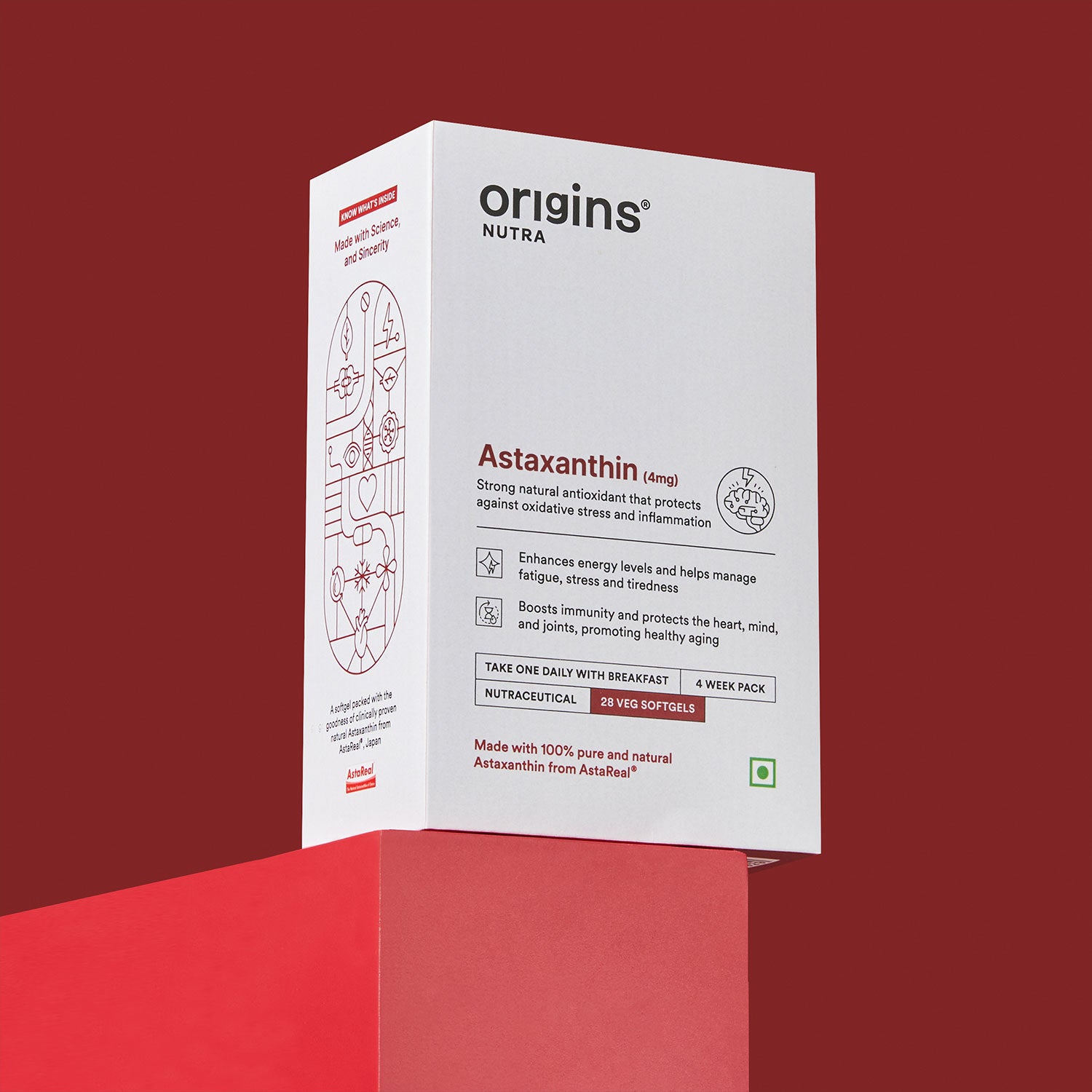
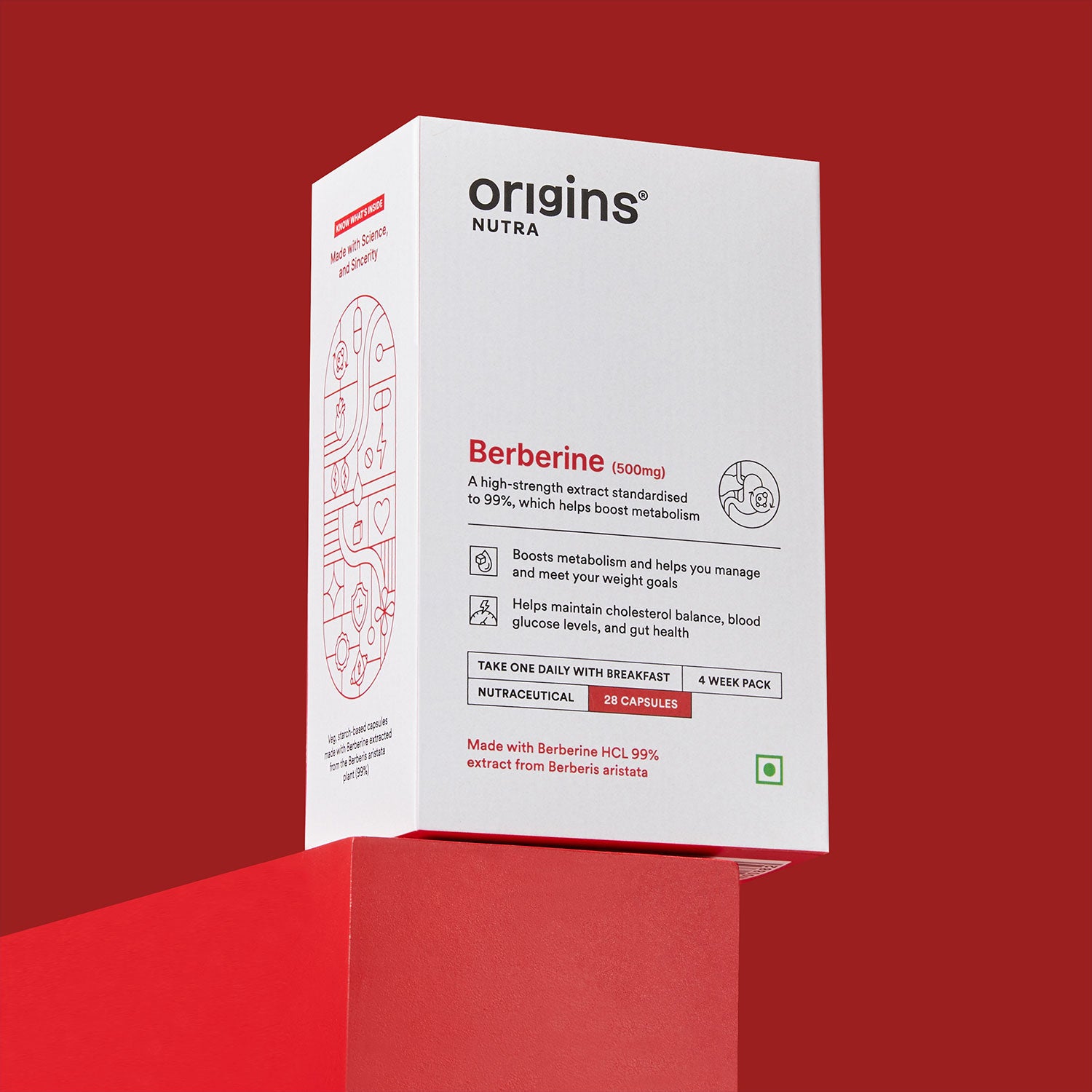
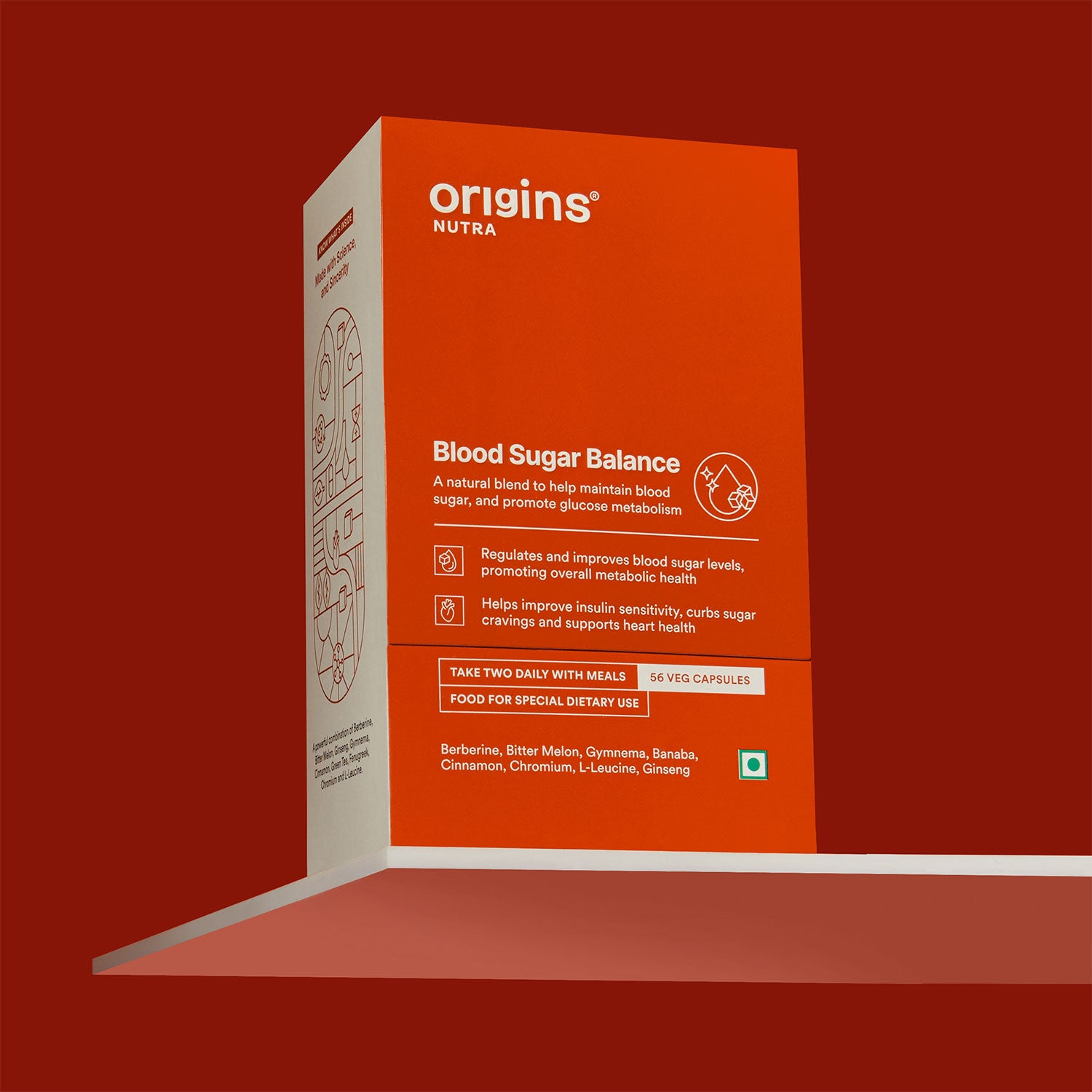
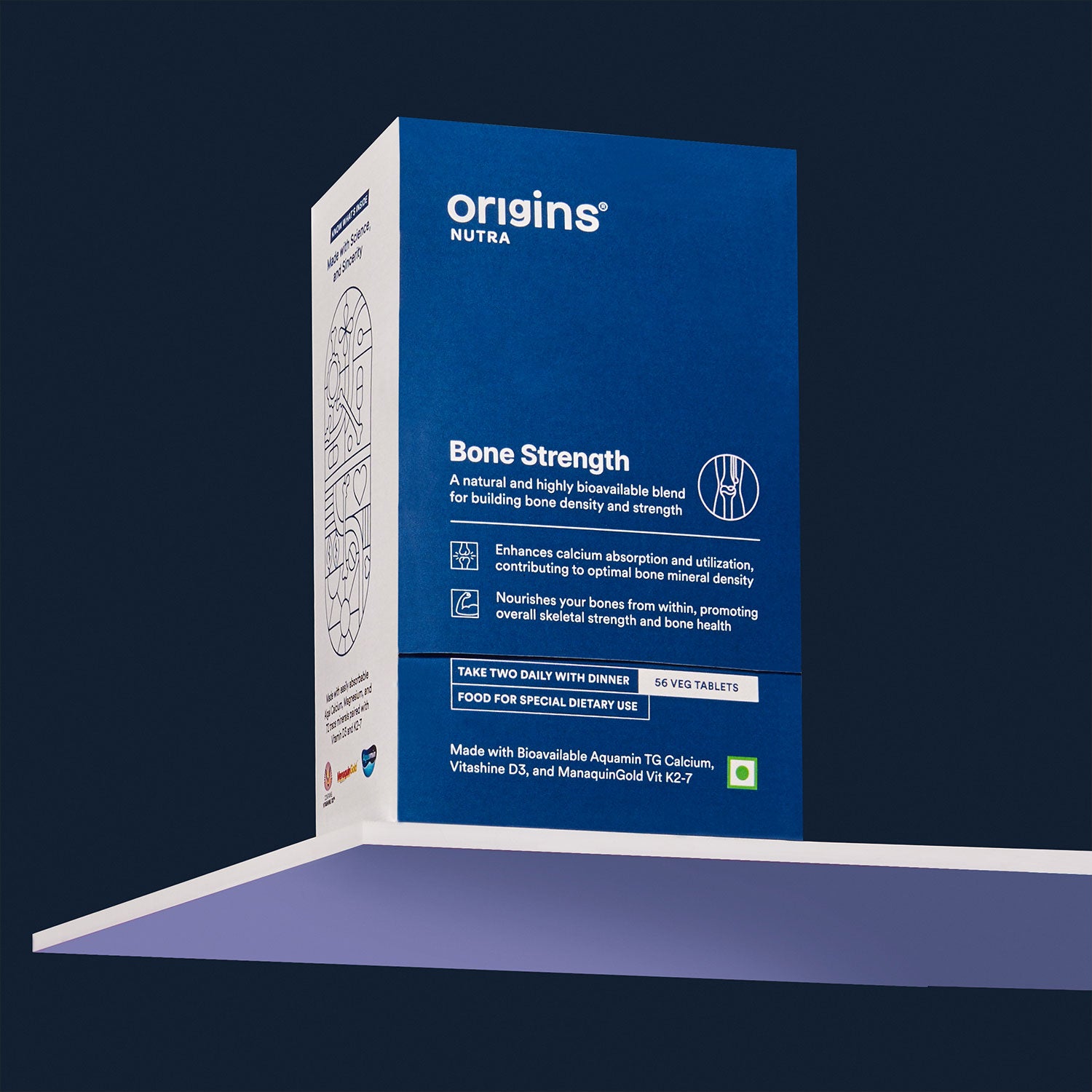
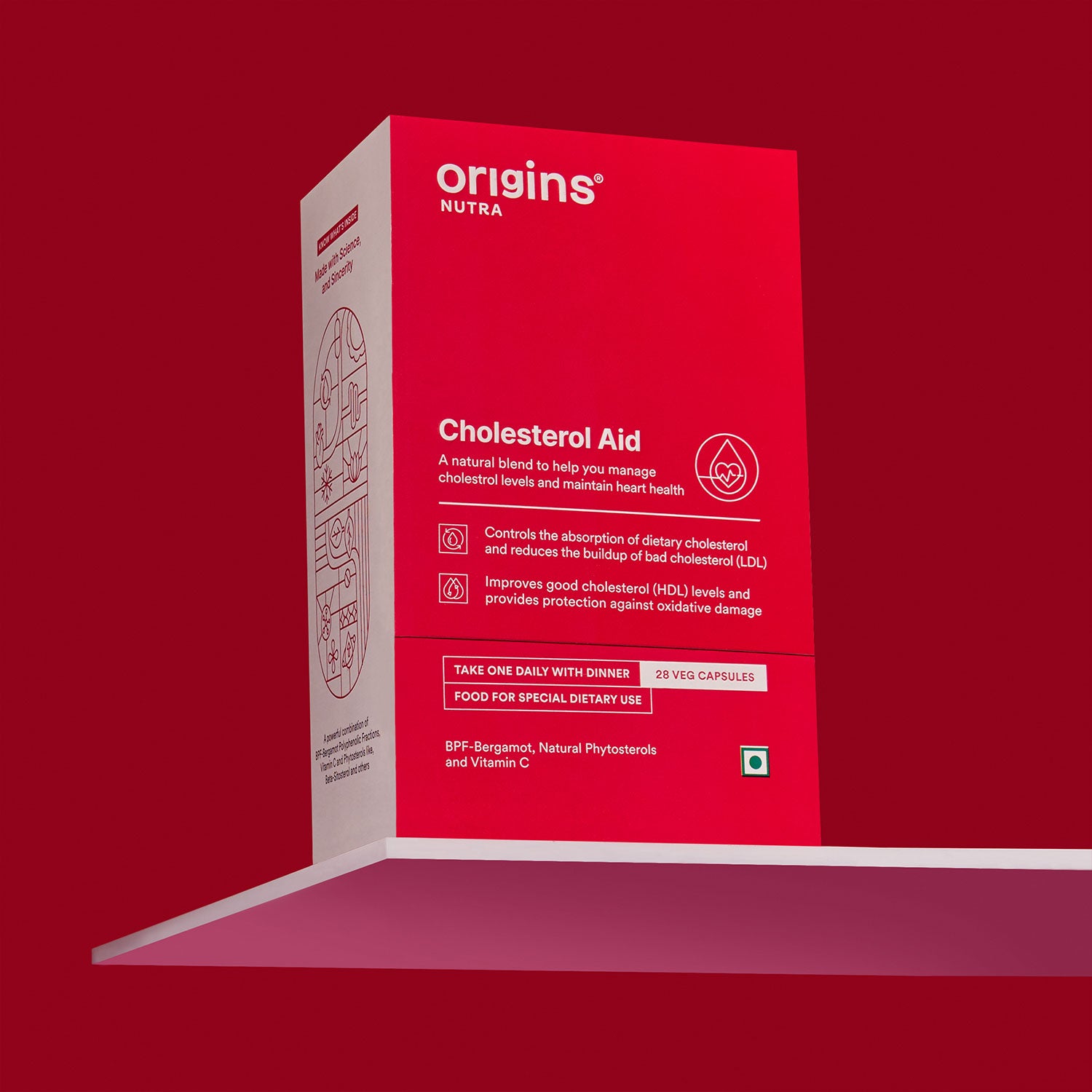
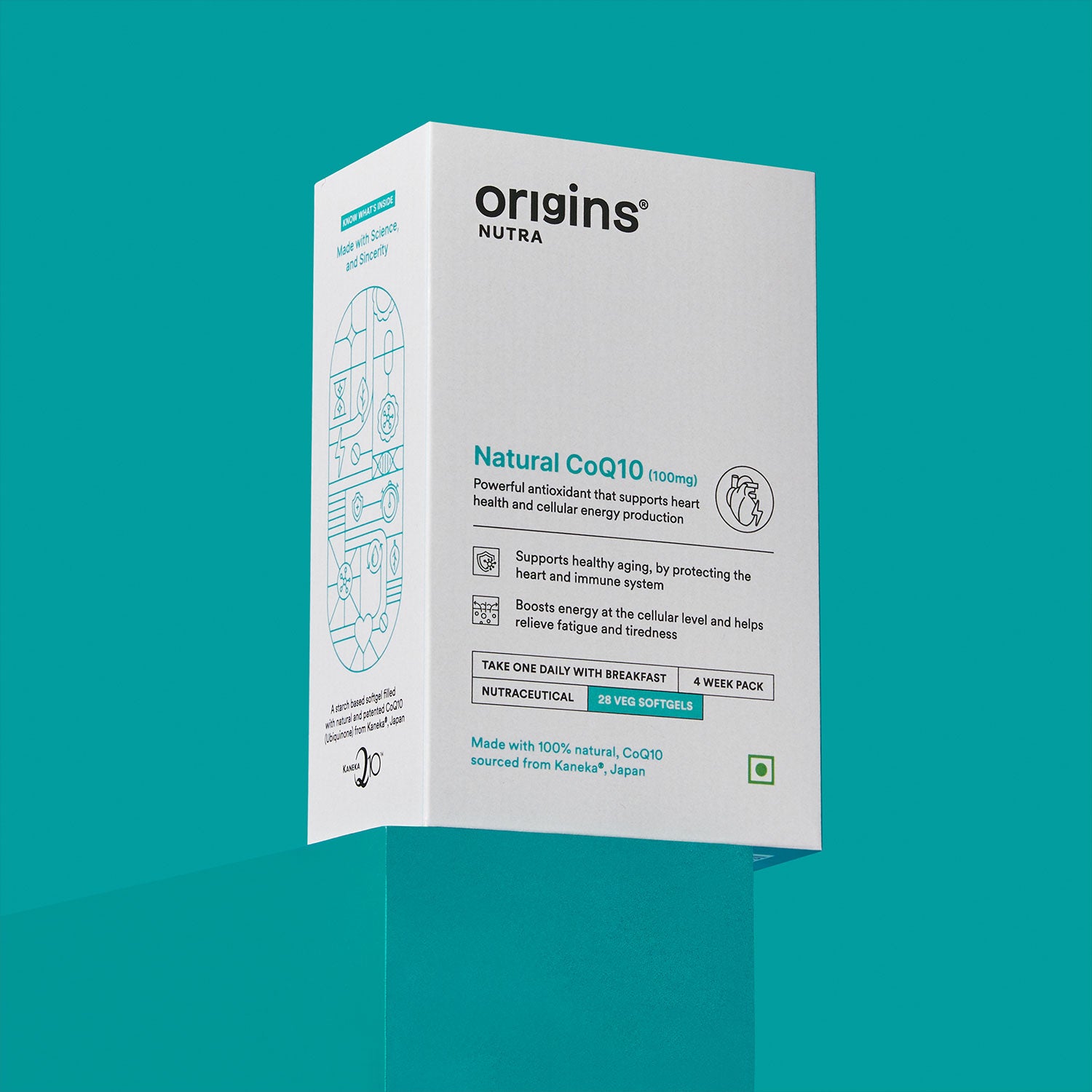
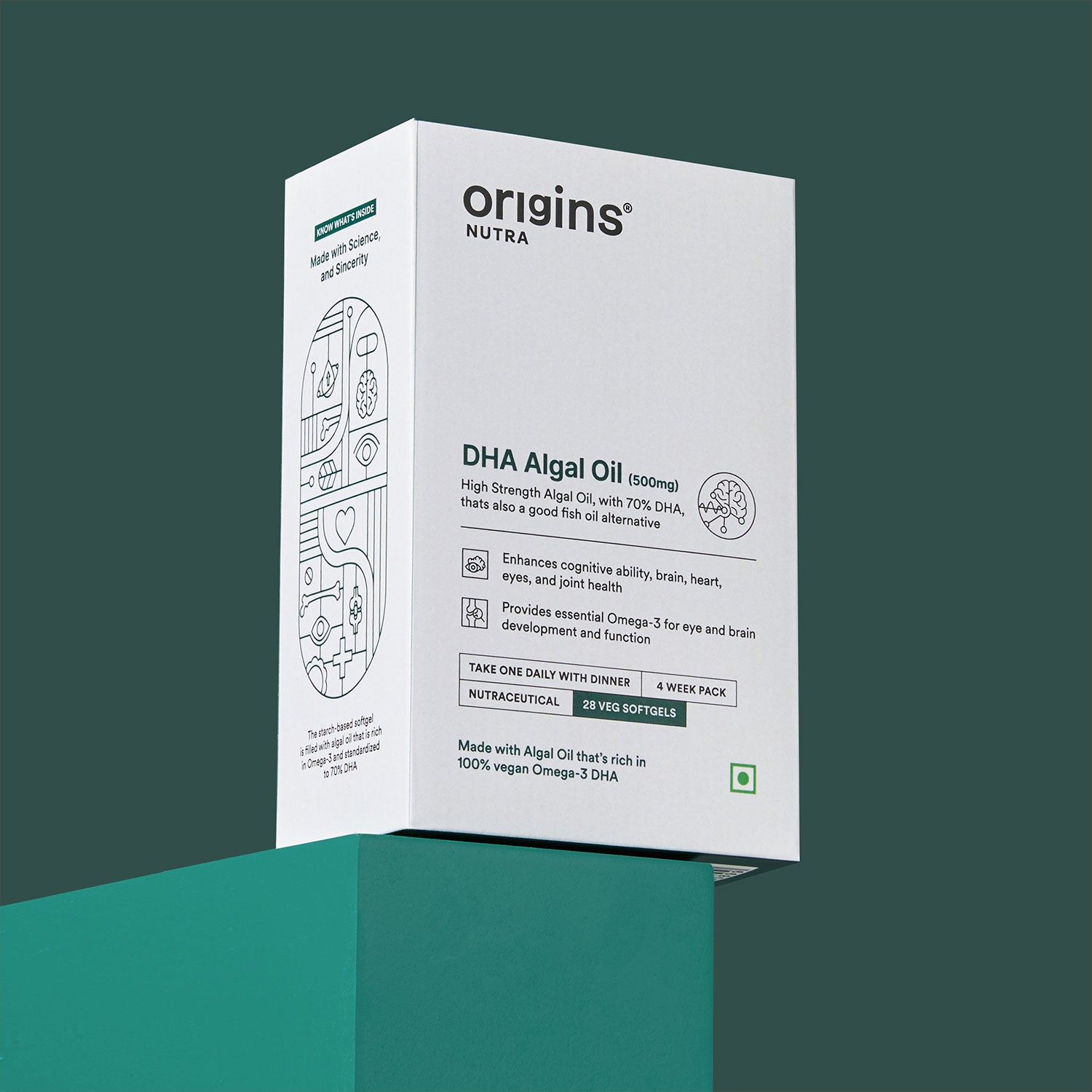
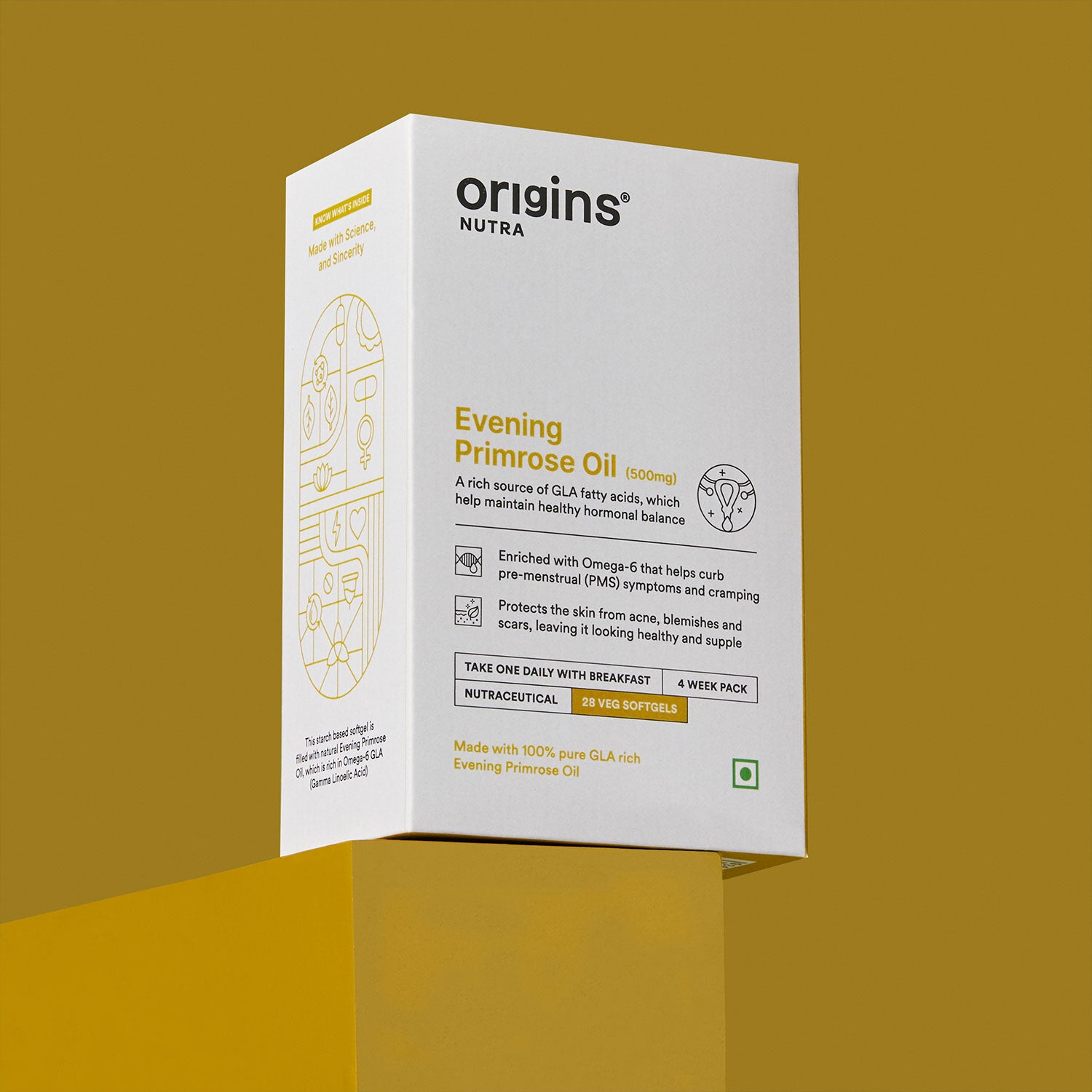
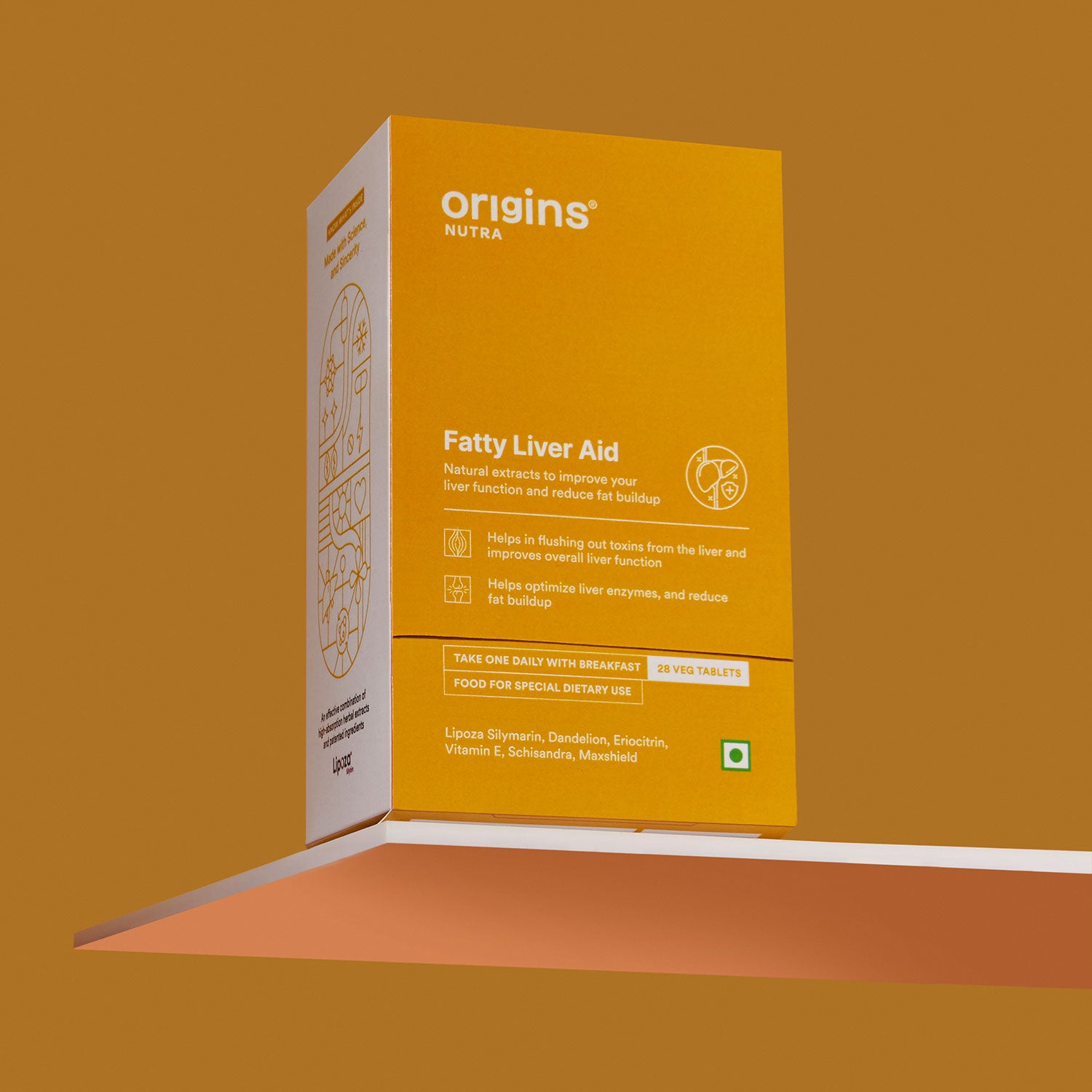
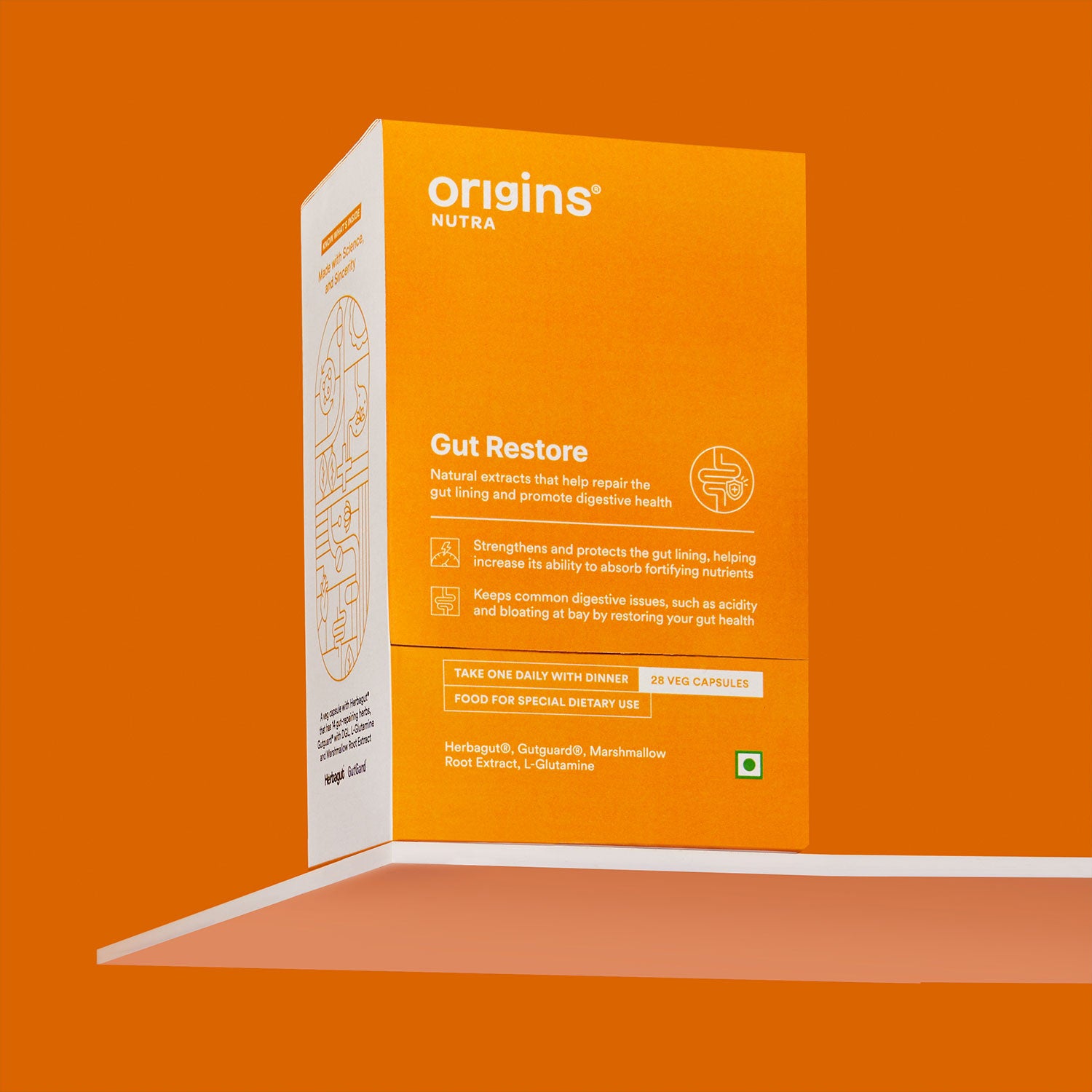
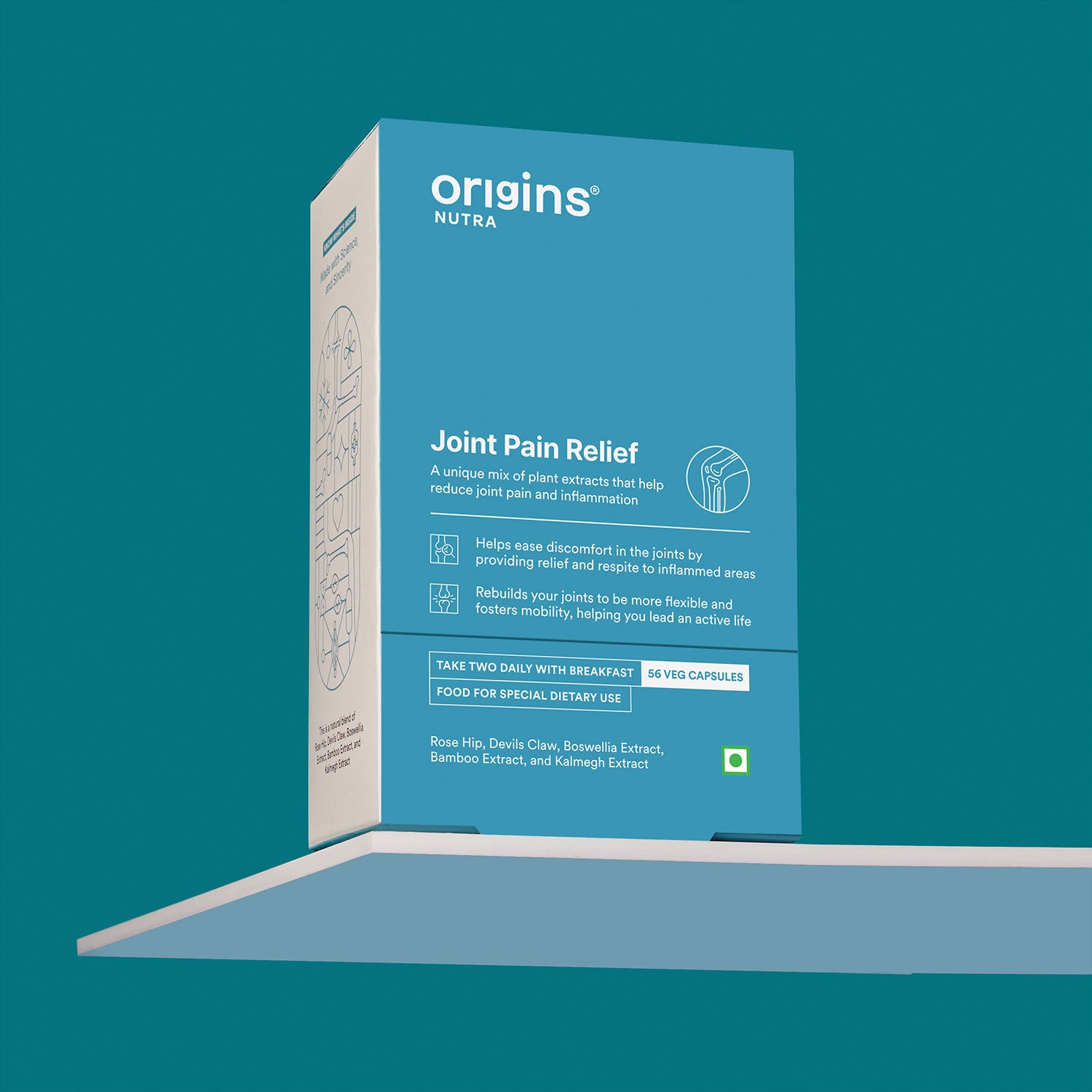
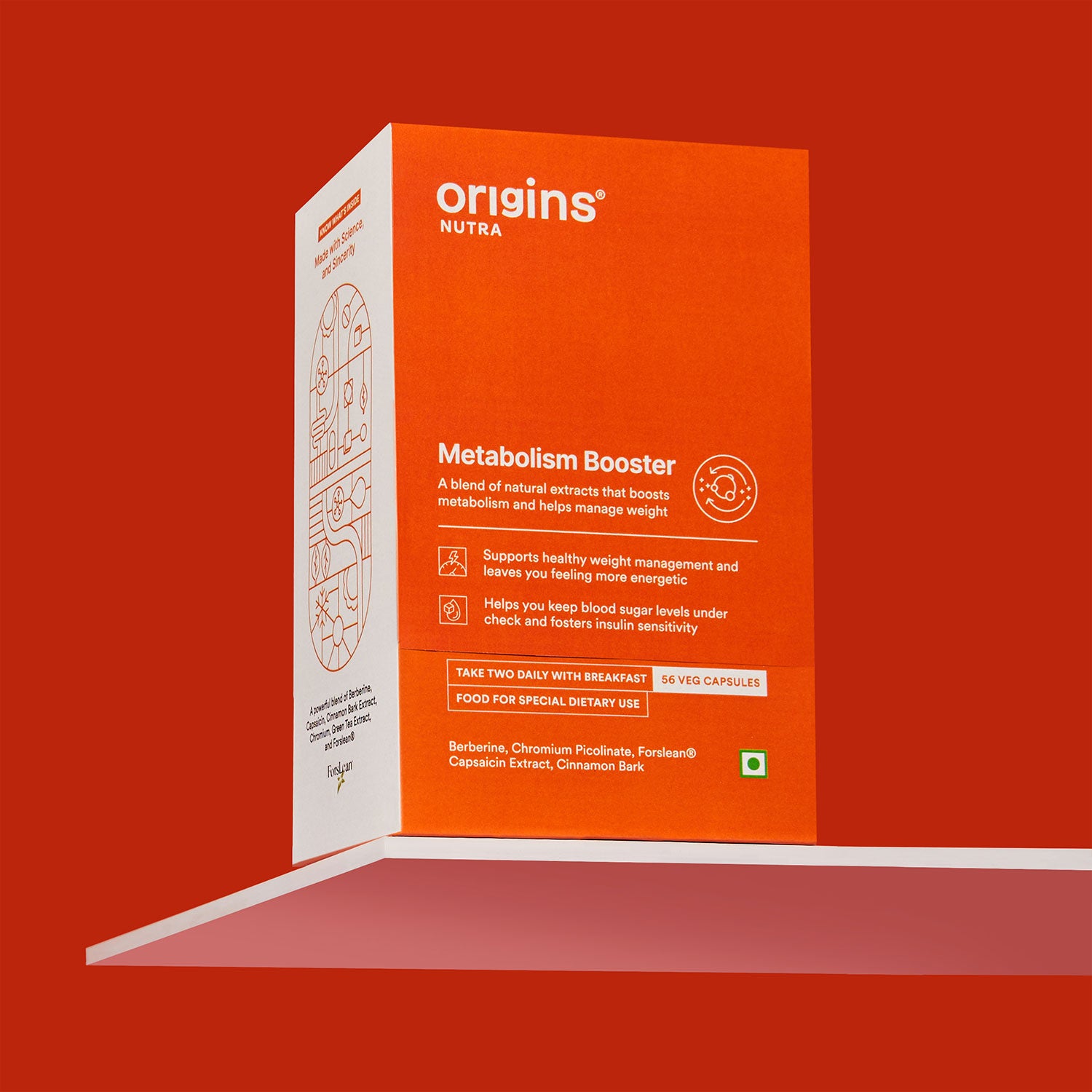
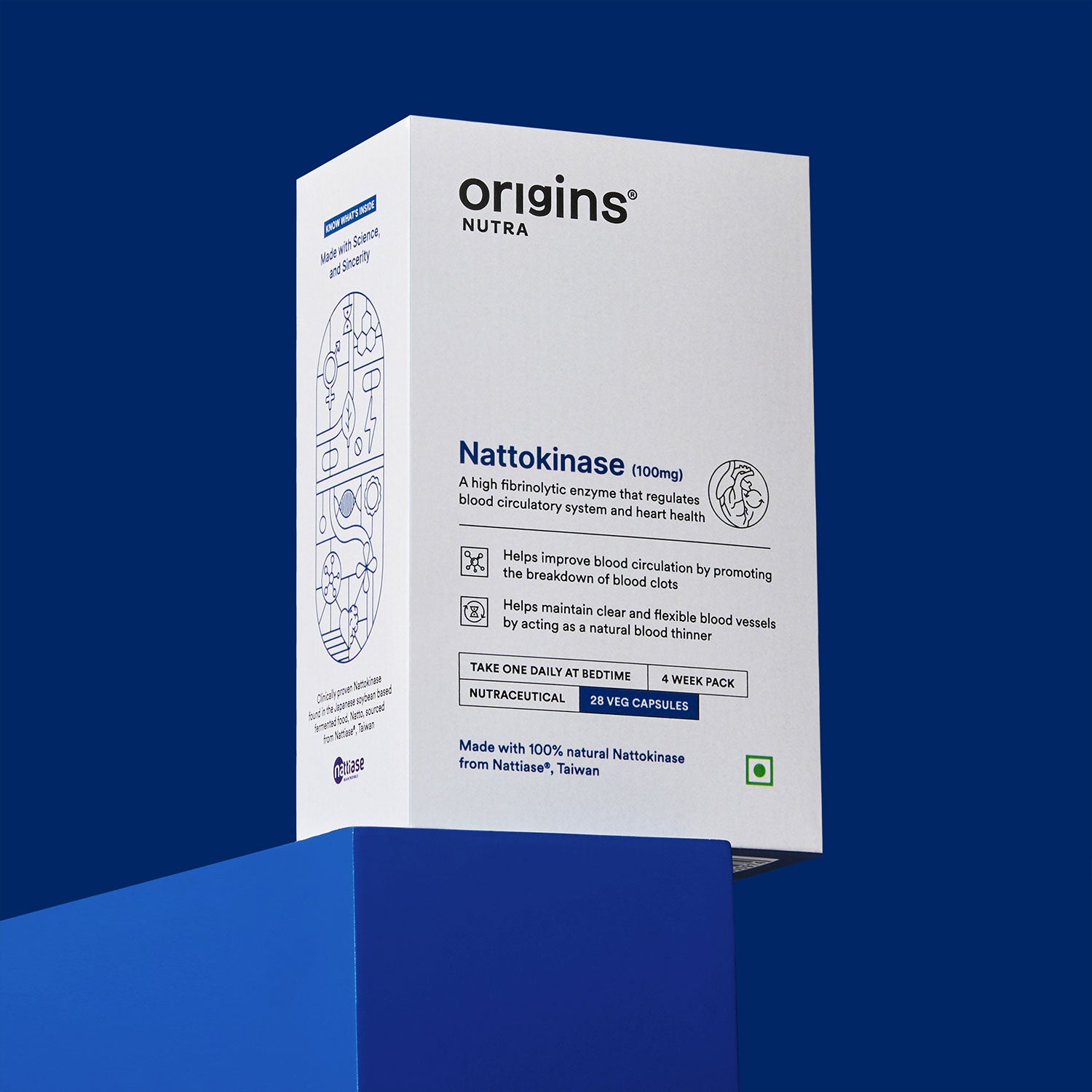
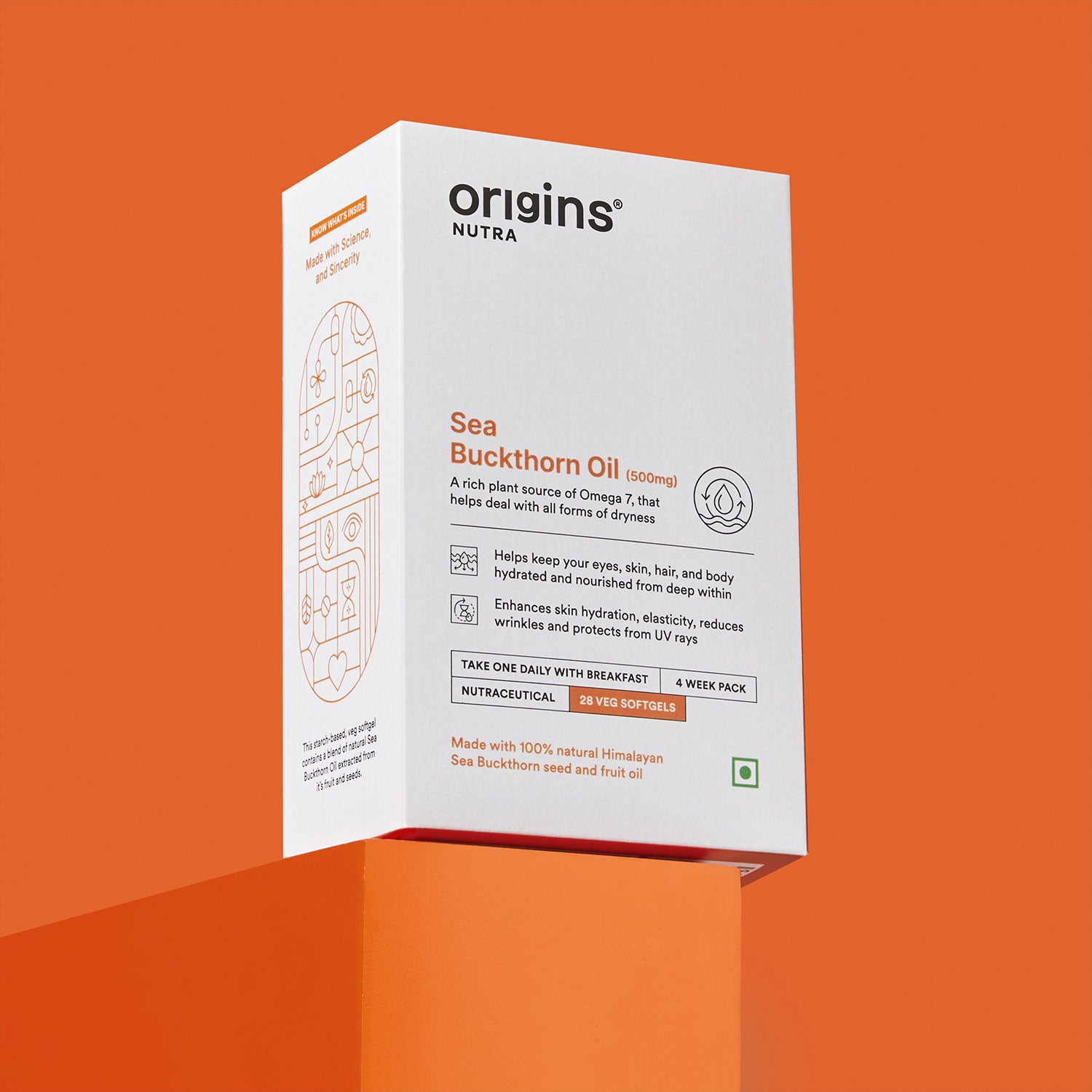
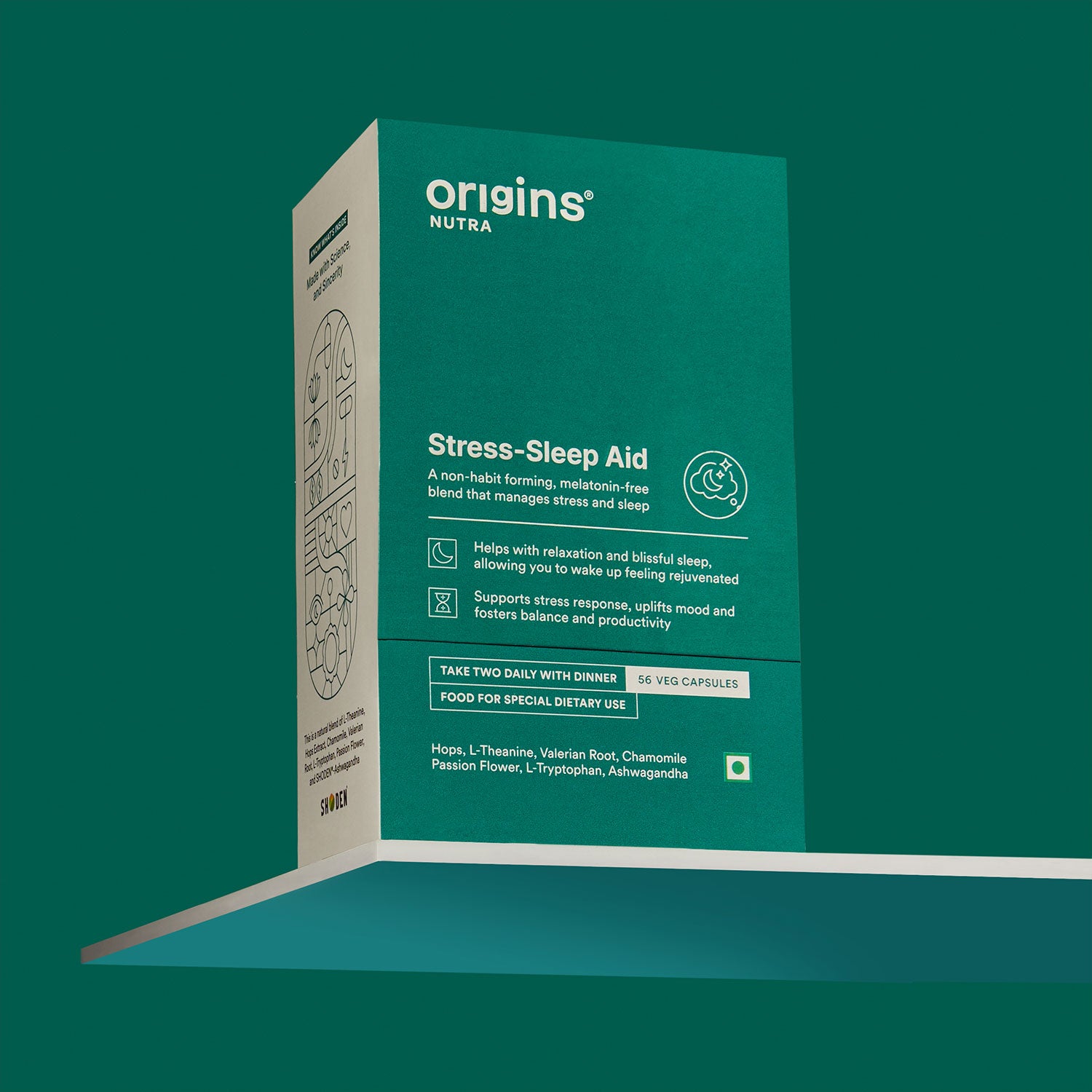
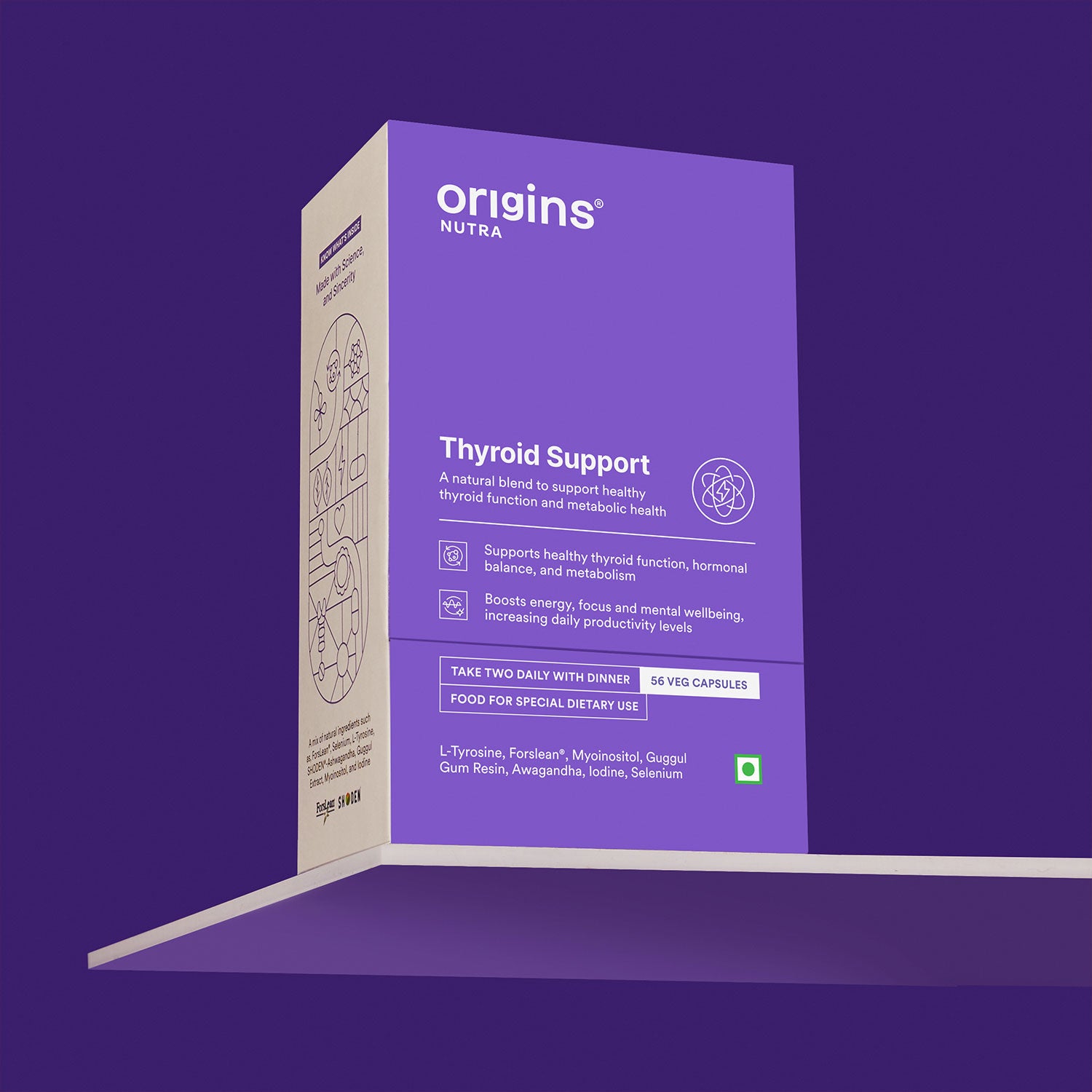
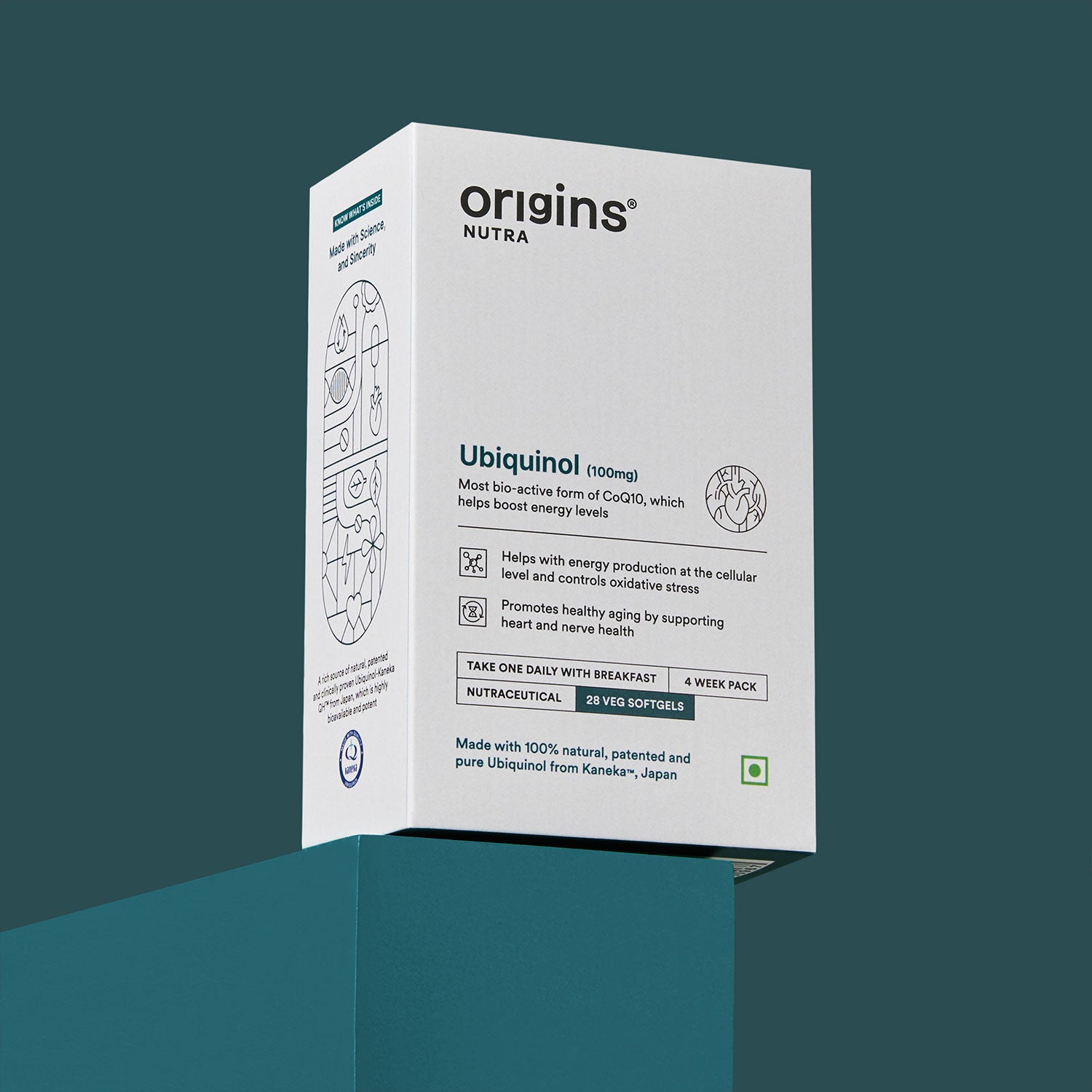










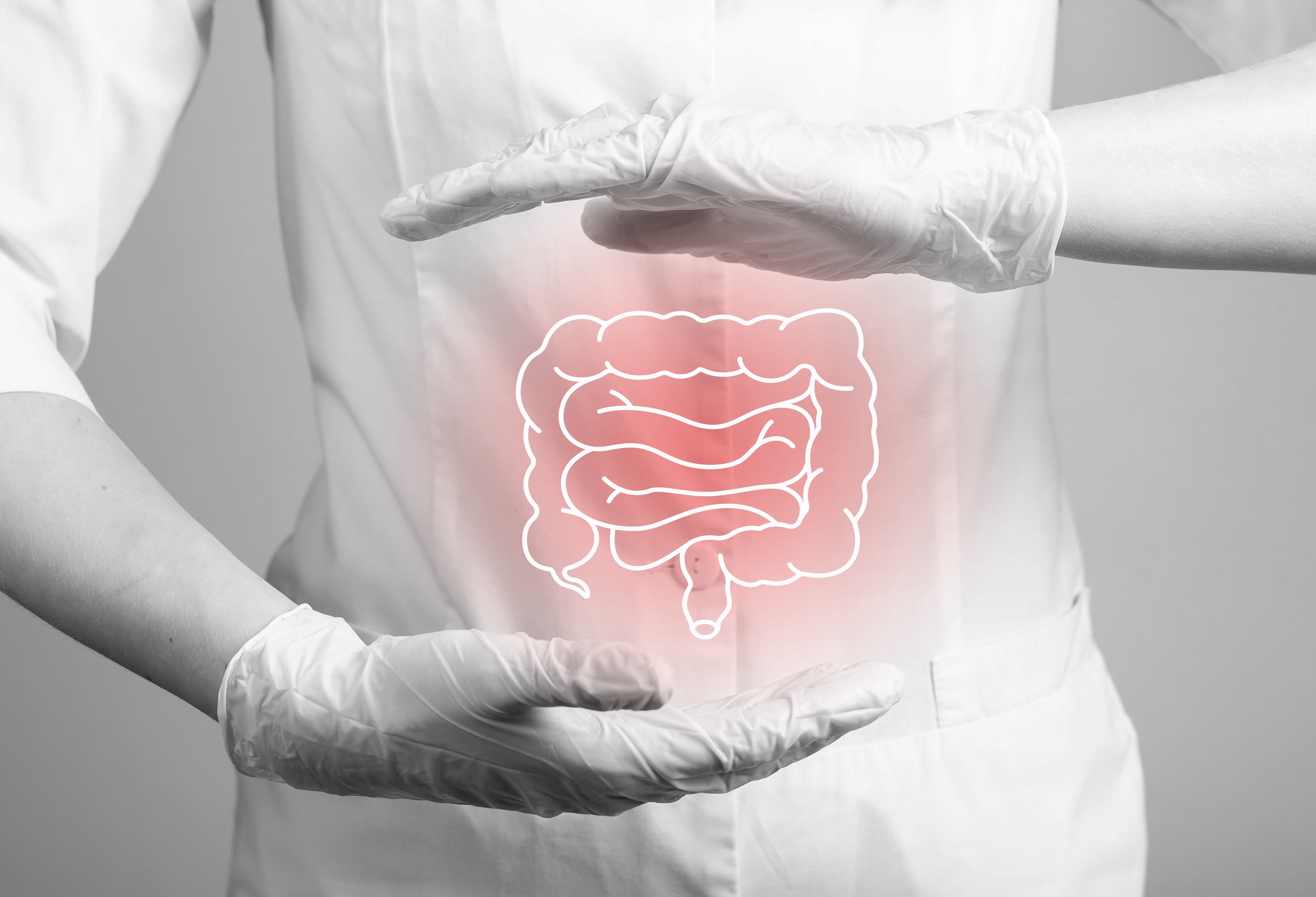
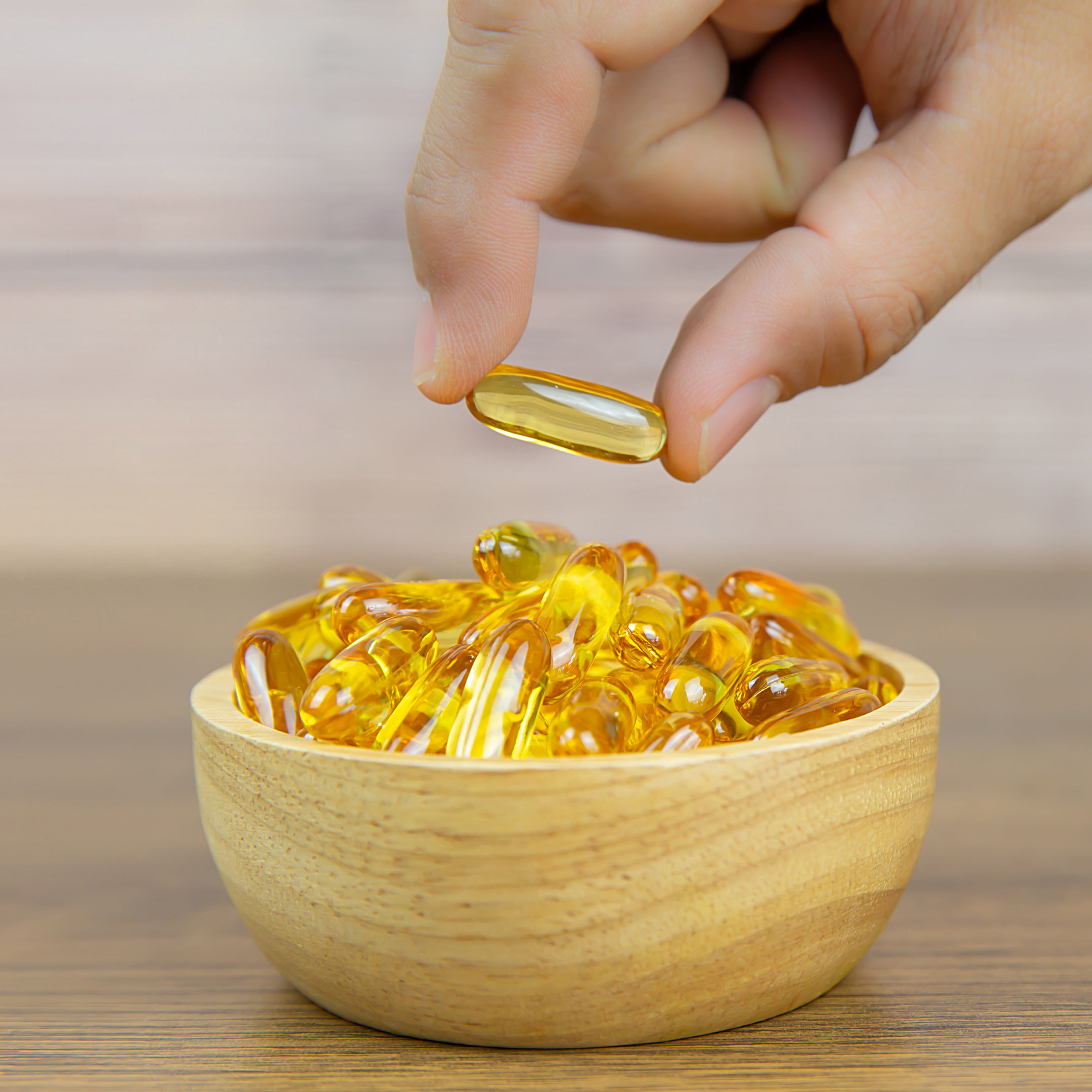



Leave a comment